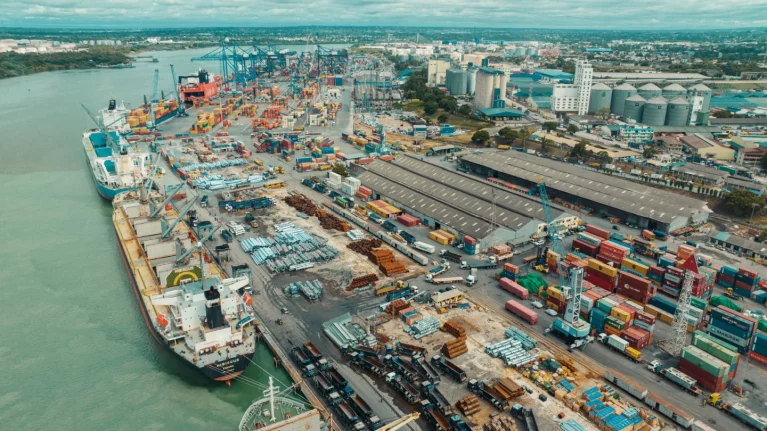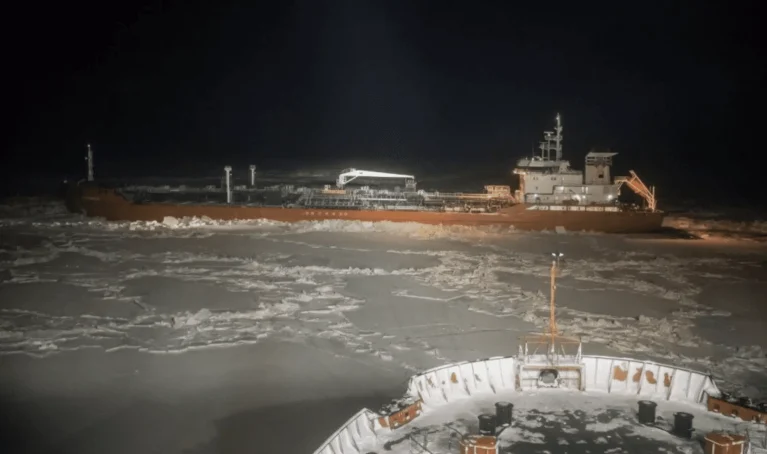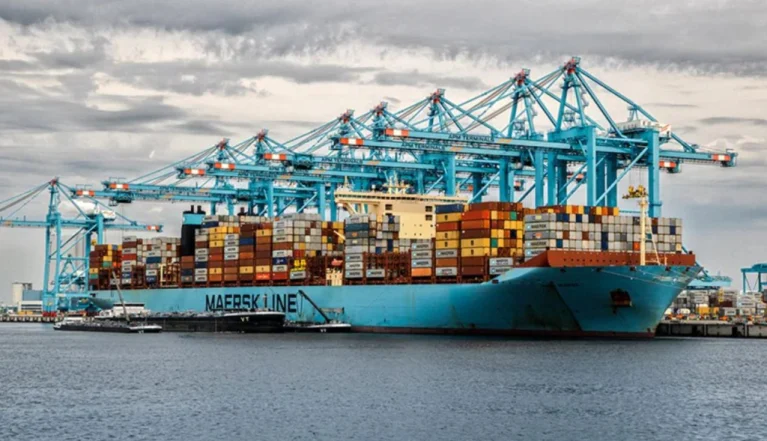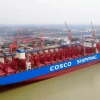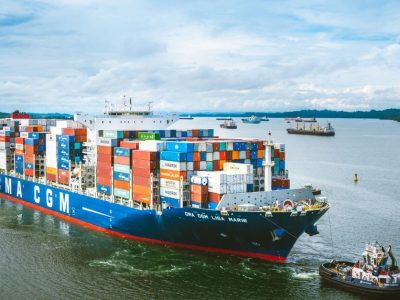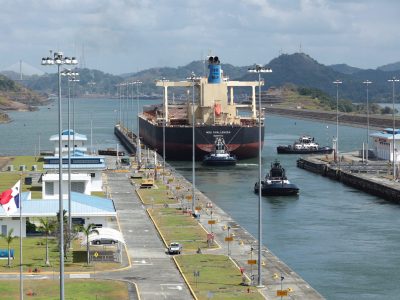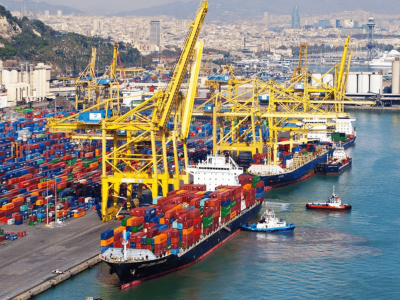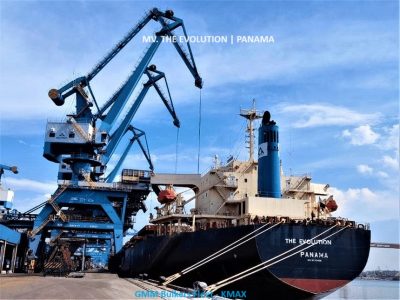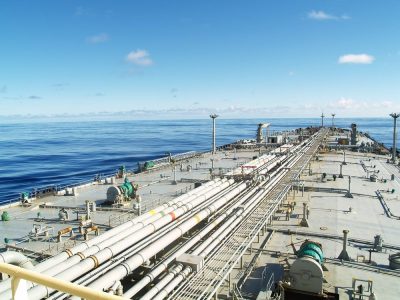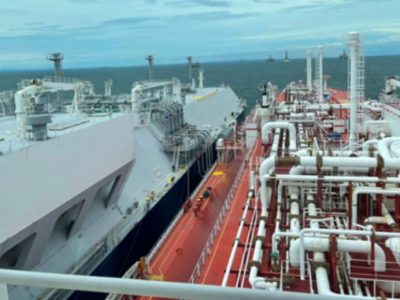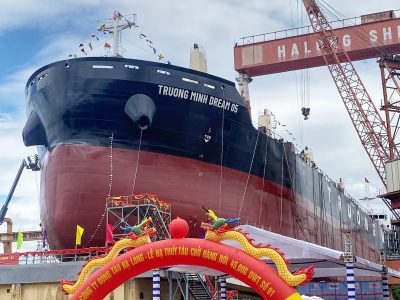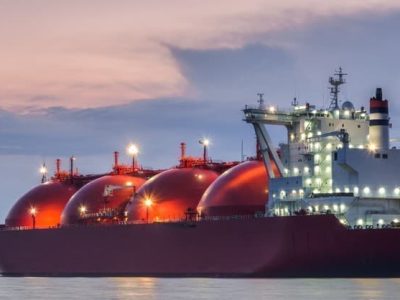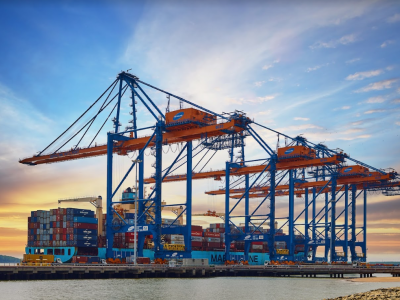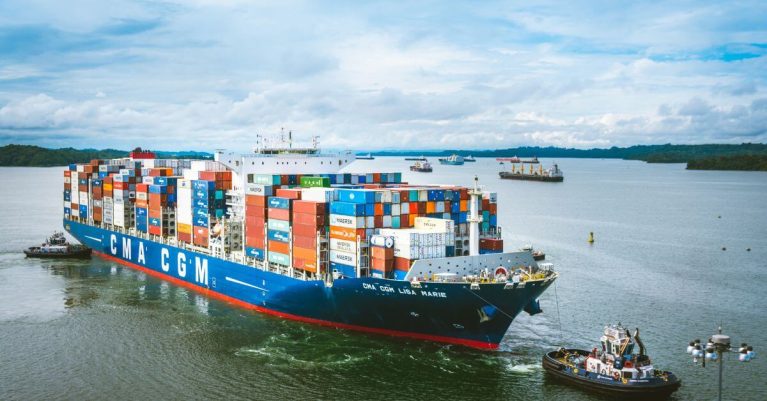By GMM News | 2025-09-21 | International Shipping News |
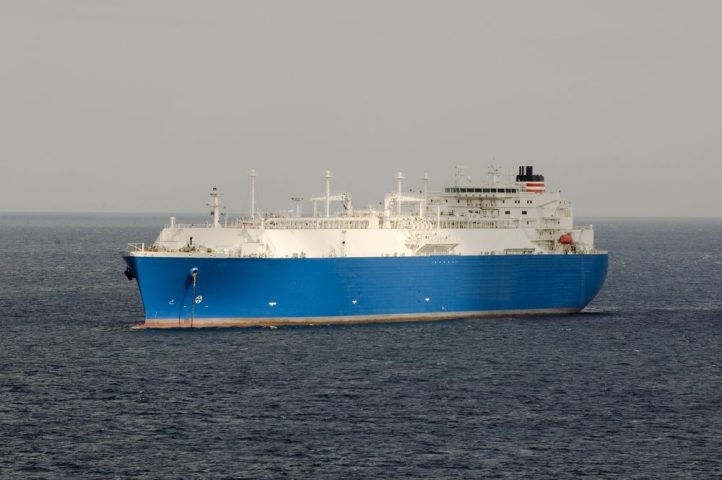
New research from UCL Energy Institute and Kuehne Climate Center (KCC) reveals that $48 billion invested in LNG carriers could be written off by 2035 as the vessels face oversupply in a climate-aligned future. The findings highlight a growing stranded asset risk as LNG fleet expansion dramatically outpaces projected demand across various decarbonization scenarios.
The research indicates that even in high fossil fuel consumption scenarios that would lead to 4°C of global warming, the LNG fleet remains in oversupply over the next decade.
“The tool and our analysis identify and unlock ways to understand climate-related risks that is often overlooked, and, importantly, shows how shipping assets are likely to face significant financial risk from the global energy transition even under more modest climate change scenarios,” said Dr. Vishnu Prakash, Managing Director of Alethiarc, who led the work.
While LNG carriers face the highest risk, the research also examined oil and LPG tankers, which show lower risk profiles due to their ability to switch to alternative cargoes. Dr. Marie Fricaudet from UCL Energy Institute noted: “For the first time, when estimating of the overall fleet value at risk, we have included the possibility for certain ship types to be repurposed to carry alternative cargoes. This allows the users to measure the advantage of cargo optionality when it comes to stranded assets.”
The analysis identifies where financial risk is concentrated, with 75% of fossil fuel carrying vessels sitting on corporate balance sheets in the top 10 ship-owning countries. Japan, South Korea, Greece, Norway, Singapore, and China are among the most exposed nations. The New York Stock Exchange represents the largest trading place for companies that own these vessels, covering approximately 12.5% or $42 billion of the total current estimated fleet value.
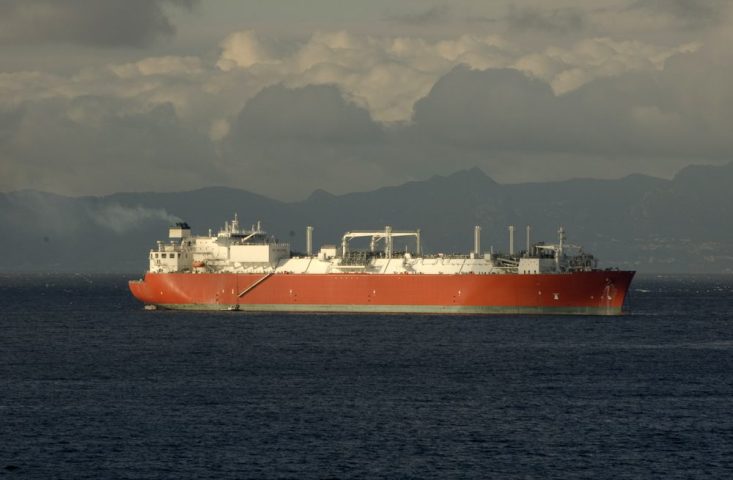
The young LNG carrier fleet faces particular challenges due to its high newbuild value and purpose-specific design. Unlike other vessel types, repurposing LNG carriers for other commodities would require substantial additional investments, reducing the fleet’s competitiveness.
The findings have been published in the ‘Investment Risk Monitor for Fossil Fuel Carrying Ships’ tool developed by UCL and KCC.
Stefanie Sohm from Kuehne Climate Center summarized the implications: “The shipping sector has a profound transformation ahead of itself. With the Investment Risk Monitor we want to give owners and investors access to information that can help them make good decisions for their current and future investments.”

